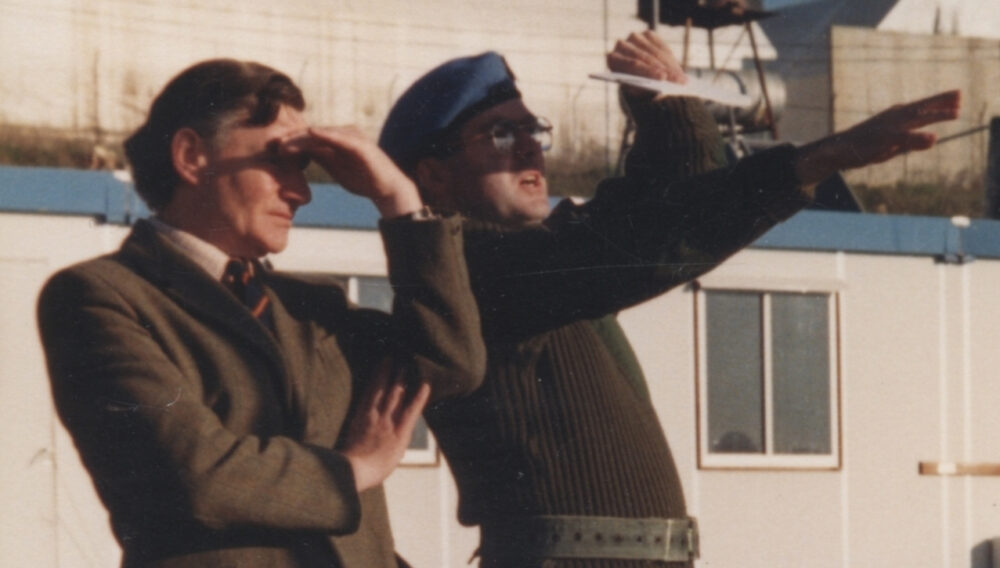Academic sources available at the Military Archives
Our archives contain the official records of the Irish Defence Forces and the Department of Defence, and conserve the Republic of Ireland’s military heritage. They cover the revolutionary period, through the foundation of the National Army, right up to the present day.
Our records document the importance of the Defence Forces and provide resources for evaluating the effects of military and departmental actions. They contribute substantially to the knowledge and understanding of the people, groups and events within and associated with the Defence Forces and the Department of Defence. These are highly valuable, primary academic sources that attract Leaving Certificate students, as well as post-doctoral researchers and historians.
How to search our archives
In-person research is by appointment only, and a seat in the reading room is often available within the same week of you contacting us by email, phone or post. There is no charge for visiting the Military Archives.
Research takes place in the Commandant Peter Young Reading Room. You will have a designated seat and workspace with individual lighting and power sockets. We also provide access to our collection of books and journals on a range of military topics, and free access to digitised and online research resources.
It is important that you first familiarise yourself with our finding aids, which give descriptive details of the material available within a given collection and file reference numbers for requesting them. Some of these finding aids are available on this website and others are available in hard copy in the reading room. The Duty Archivist will assist you in identifying the collections most suitable to your field of research, usually beforehand via email, phone or during your appointment(s).
The Military Archives material may be reproduced, with permission from the officer in charge, for academic purposes or for publication.
The material in the Military Archive is monumental in its detail and scope, and it is likely to transform research into an understanding of Irish military endeavour during the revolutionary period 1916 to 1923 as well as the political, social and cultural forces underpinning it. It also contains illuminating and invaluable material about the legacy and afterlife of the revolution and its impact on participants and victims.
Prof Diarmaid Ferriter


